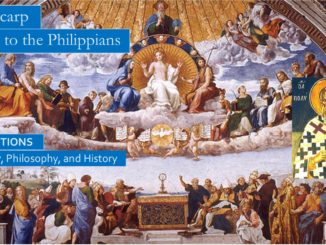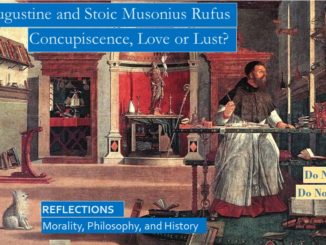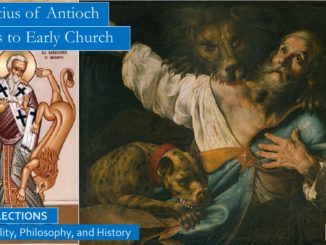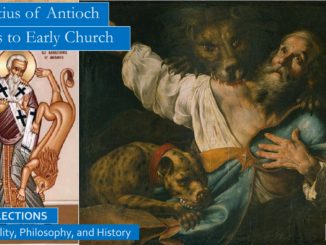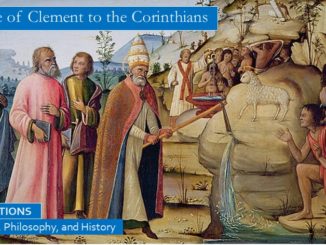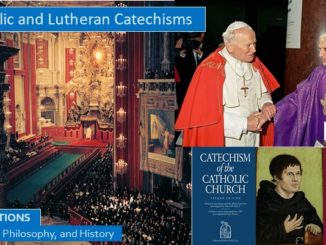
Who Should Study the Catechism?
Who should study the Catechism? Everyone! Everyone who is Catholic? No, everyone who wants to live a godly life should study the Catechism. The Catechism was reviewed by thousands of bishops before publication, many thousands of suggestions were pondered, more thought and care was invested in the editing of the Catholic Catechism than probably any modern book in print. You ignore this wisdom at your moral peril. These teachings are not merely preachings, they are annotated by thousands of footnotes to both Scripture verses and the writings of the Church Fathers and the decrees of Vatican II, Trent, and the other councils, so you can go back to the sources yourself. […]

